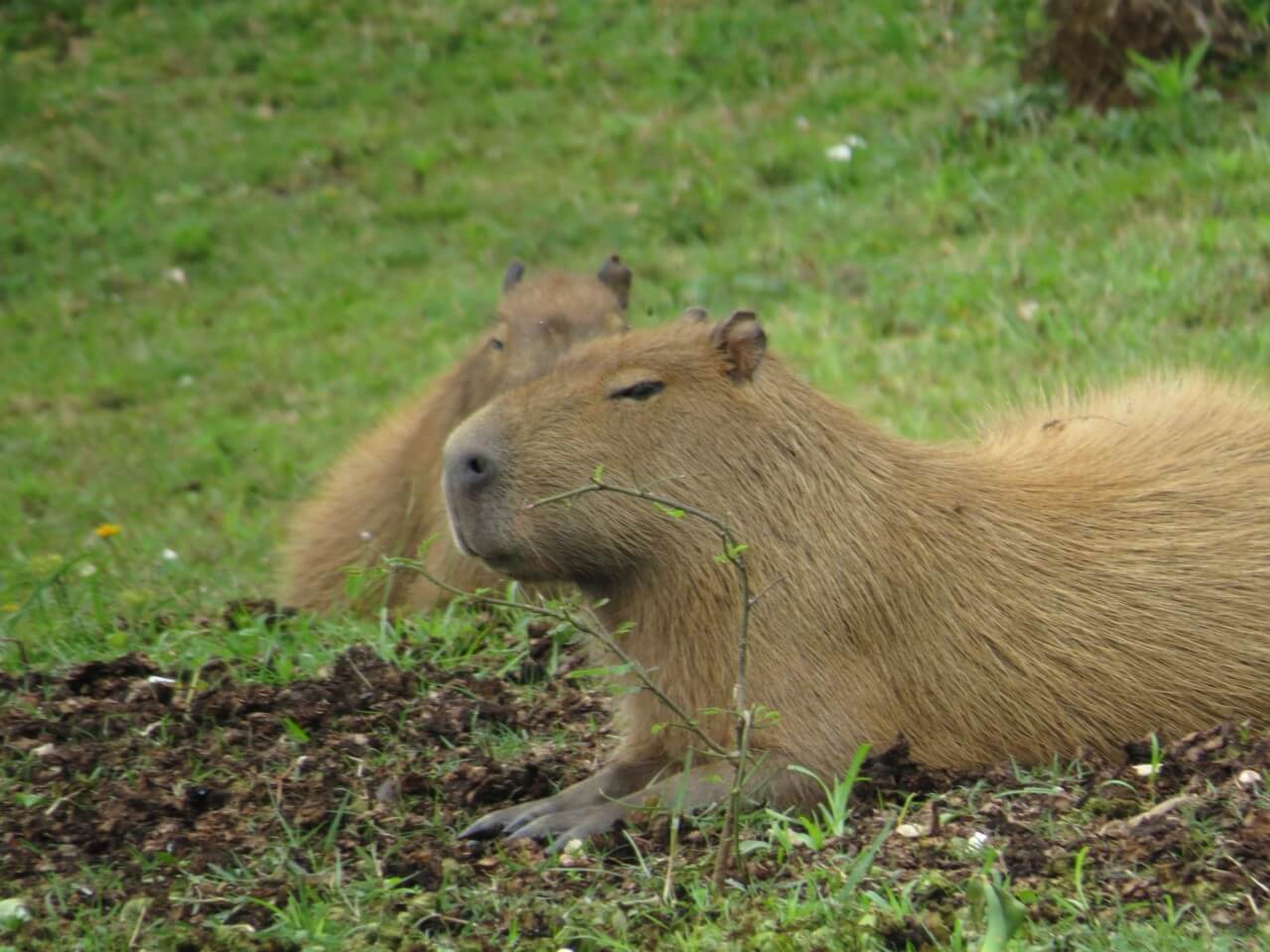Greetings and welcome back to the Thursday edition of AN’s daily roundup of newsworthy odds and ends—and this one’s a bit wild. Here’s what you need to know today:
Kanye West erects facsimile of his former Chicago home at Solider Field
For the third (and apparently final) listening event for his soon-to-drop DONDA album, Kanye West has recreated a faithful replica of his childhood Chicago home smack-dab in the middle of historic Soldier Field. As noted by Block Club Chicago, West purchased the modest South Side abode, where he lived for several years during his (somewhat globe-trotting) youth, in 2020 and is in the process of renovating it. DONDA is named in memory of West’s mother, who passed away in 2007.
Naturally, local news helicopters have been scoping out the temporary structure from above in advance of the event, which is being held tonight, August 26, at 9 p.m. CT. Proof of the COVID-19 vaccine or a negative test is not required of ticket-holders to enter the stadium for the outdoor listening party. (Jabs will be reportedly offered on site to up to 1,500 fans wanting one.) “Kanye West’s performance is one of many examples that show that Chicago can be open and safe at the same time,” said Chicago Park District spokeswoman Michele Lemons in a statement provided to the Chicago Tribune. “We have worked with Soldier Field on COVID-19 safety protocols, as we have other venues including Wrigley and Guaranteed Rate Fields, and feel this event can be safely held with the proper mitigation efforts in place.”
H/t to Rolling Stone, Block Club Chicago
Capybaras run amok at affluent gated community outside of Buenos Aires
Marauding capybaras, plus-sized rodents best known for their enjoyment of fragrant baths at Japanese zoos, are overrunning a tony gated community in Argentina per the Guardian. The rodents, known locally as carpinchos, have taken to terrorizing pets, destroying well-groomed gardens, and causing traffic collisions within the multi-neighborhood Nordelta enclave north of Buenos Aires. Established nearly 20 years ago on the wetlands of Paraná, a major South American river, the sprawling development features “spacious homes for the rich amid a dreamy landscape of lakes and streams.”
However, it isn’t the capybaras that have necessarily encroached Nordelta—it’s their native habitat that’s been destroyed by unchecked development. “It’s the other way round: Nordelta invaded the ecosystem of the carpinchos,” Argentinian ecologist Enrique Viale explained to the Guardian. “Wealthy real-estate developers with government backing have to destroy nature in order to sell clients the dream of living in the wild—because the people who buy those homes want nature, but without the mosquitoes, snakes, or carpinchos.”
H/t to The Guardian, Gizmodo
CowParade returns to New York City for a limited run
They’re back …. Global public art initiative CowParade, which made its New York City debut in 2000, has been revived for an abbreviated 2021 Big Apple edition. The event, which will find 78 elaborately adorned fiberglass cows installed at eight locations (Hudson Yards and Industry City in Brooklyn, among them) across all five boroughs, is decidedly more modest in scale than the initial run; back in 2000, 500 decorated heifers hit the mean streets of NYC. The new herd of ersatz cows, embellished by local artists and school kids, will remain on public display through the end of September. After that, they’ll be auctioned off with proceeds benefitting New York charity God’s Love We Deliver.
H/t to Gothamist
Wood alternative made from kombucha brewing waste wins top innovation prize
Pyrus, an exotic wood alternative that incorporates the bacteria-rich (and normally composted) waste produced during the brewing of fermented tea drink kombucha, has been named as the winner of this year’s national James Dyson Award. Developed by Gabe Tavas, a student at the University of Illinois at Urbana-Champaign, the kombucha cellulose-based wood alternative has been used, thus far, to make small items like guitar picks and jewelry although Tavas envisions 3D-printing larger objects sometime down the line.
H/t to Fast Company
Remote-controlled tech aids in the removal of a highway-spanning Florida bridge
Faced with demolishing a bridge over a highway in Fort Lauderdale, Florida, as part of a lane-widening project, the project’s Dutch-headquartered heavy lifting and transportation contractor Mammoet turned to an innovative solution: lifting the 1,082-ton bridge span from its moorings using remote-controlled modular transporters and relocating it off site, where the structure was demolished without disrupting traffic. As reported by Construction Dive, the entire removal process took just three hours and was carried out overnight. Demolishing the bridge in situ would have been a potentially traffic-snarling, two-stage undertaking spread out across roughly 30 days.
H/t to Construction Dive
